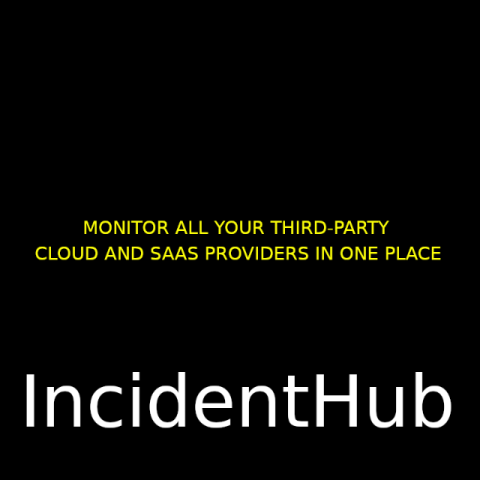How To Monitor Public Status Pages of Cloud Providers - a Step-by-Step Approach
Incident updates on the public status pages of your cloud providers are often the first indication that they might have an outage. Providers also post updates about upcoming and ongoing maintenance on their status pages. Thus, monitoring your cloud status pages becomes crucial to your business operations. This article will guide you through the process of effectively monitoring such status pages.


